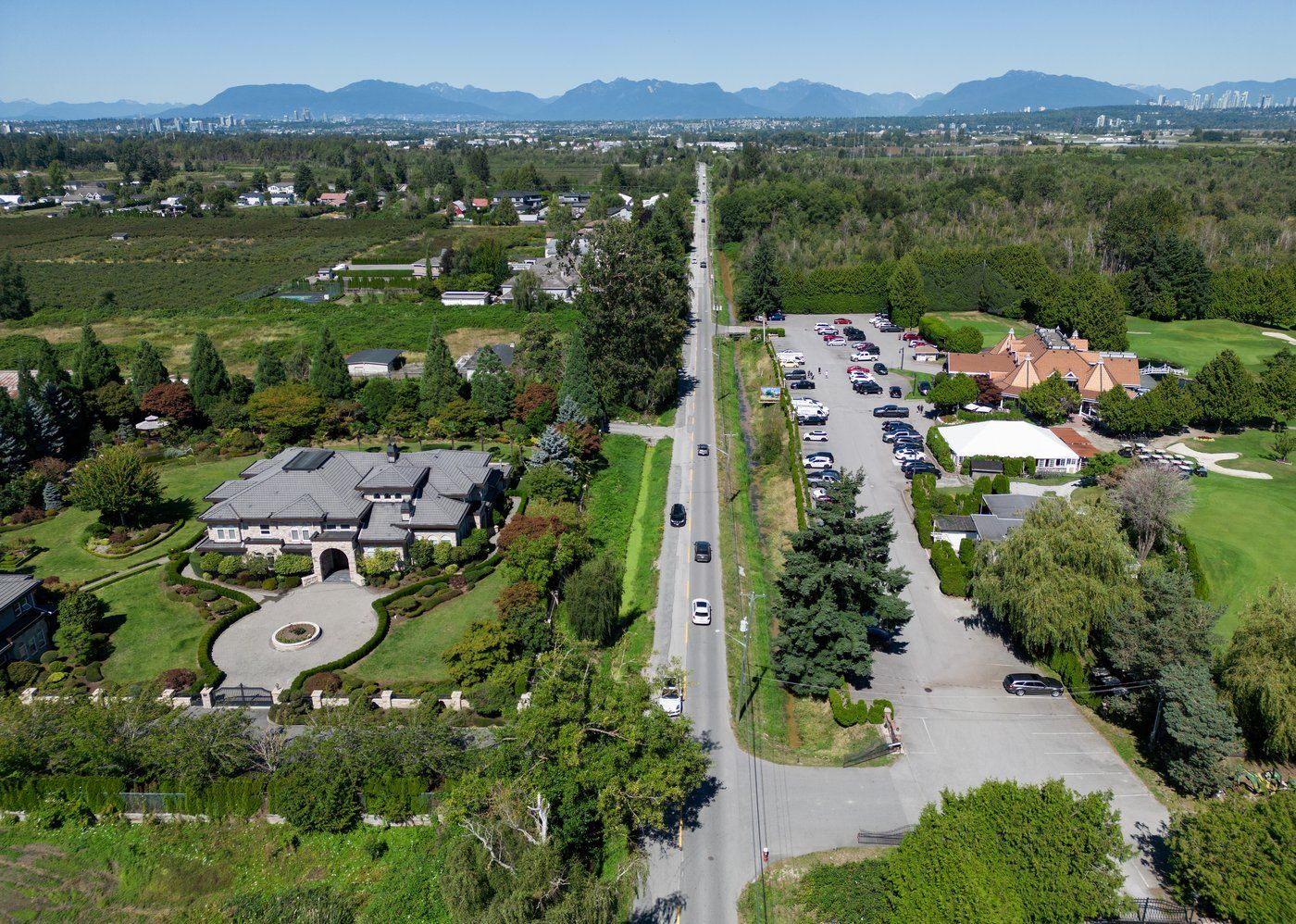
It can be one of the most difficult choices for mortgage borrowers—fixed rate or variable?
Thanks to historically low spreads between the two, that choice is becoming easier for many.
“If you’re in the trenches shopping for a new mortgage, I’m going to tell you something I’ve rarely told anyone in 13 years in this business: Variable rates are a gamble that you don’t need to take,” RateSpy founder Rob McLister wrote recently in the Globe and Mail.
“There’s little question in my mind that you’ll win for at least a year or two by floating your mortgage rate. But year three is a crap-shoot. And years four and five entail legitimate risk of higher borrowing costs.”
Ron Butler of Butler Mortgages Inc. agrees, adding that when variable rates are 50 to 60 percentage points lower than comparable fixed rates, “variables can flourish, simply by being the lowest available rate and the fact there’s a guaranteed low penalty to break the mortgage,” he told CMT.
“However today, with only 20 bps or less of price difference, variables lose their lustre.”
As of today, some of the most competitive mortgage providers are offering 5-year fixed rates at less than 10 basis points above the lowest variable rates.
Floating Rates Have Little Room Left to Fall
When prime rate plummeted from 3.95% to 2.45% in March at the height of the pandemic, it lowered mortgage rates for thousands of variable-rate holders. Some are now enjoying floating rates as low as 1.50%.
But for new borrowers, variable rates have largely lost their appeal since prime rate has very little room left to fall, if at all.
And it’s increasingly looking like prime rate is as low as it will go.
Bank of Canada Governor Tiff Macklem has previously put the kibosh on the idea of negative interest rates, and has said, “When you look at the current situation… I’m quite comfortable with the effective lower bound where it is.”
Barring a drastic resurgence of COVID-19 or faltering of the current economic recovery, interest rates are likely staying put for the foreseeable future—and that could be a year or longer.
What Brokers Have to Say
The brokers we contacted are in agreement that fixed rates at these levels are hard to pass up given the stability they offer.
“The premium between a variable-rate mortgage and a fixed-rate mortgage is the price of ensuring that your rate will not go up over the next five years,” said Dan Eisner, founder of True North Mortgage. “That insurance is super cheap right now.”
While he adds there currently isn’t much risk of being in a variable rate for the time being, he notes that if inflation begins to grow, “you will want to jump into a fixed rate, pronto.”
Jason Henneberry, with MortgagePal and Tango Financial, told us there are many factors to consider when choosing the right mortgage product.
“For example, a variable-rate mortgage can make more sense if the homeowner is likely to payout the mortgage early and they want a predictable three-month interest penalty,” he said. “A fixed-rate mortgage, although at a slightly higher rate, can provide peace of mind for people who just want to know their payments won’t change.”
For multi-property owners, he recommends a mix of fixed and variable across their portfolio.
“My favourite product for planning purposes is the multi-component HELOC,” Henneberry said. “I recommend that a lot for clients seeking more creative options for paying off their mortgage faster, so they can pay less interest and still have access to their funds if they need them.”
For those still tempted by variable rates that are still slightly lower than comparable fixed rates, here’s one more factor to consider: “Fixed rates are now so low that even a single quarter-point rate hike from the Bank of Canada—three to four years from now—could result in borrowers paying more interest in a variable than a 5-year fixed,” McLister wrote.



